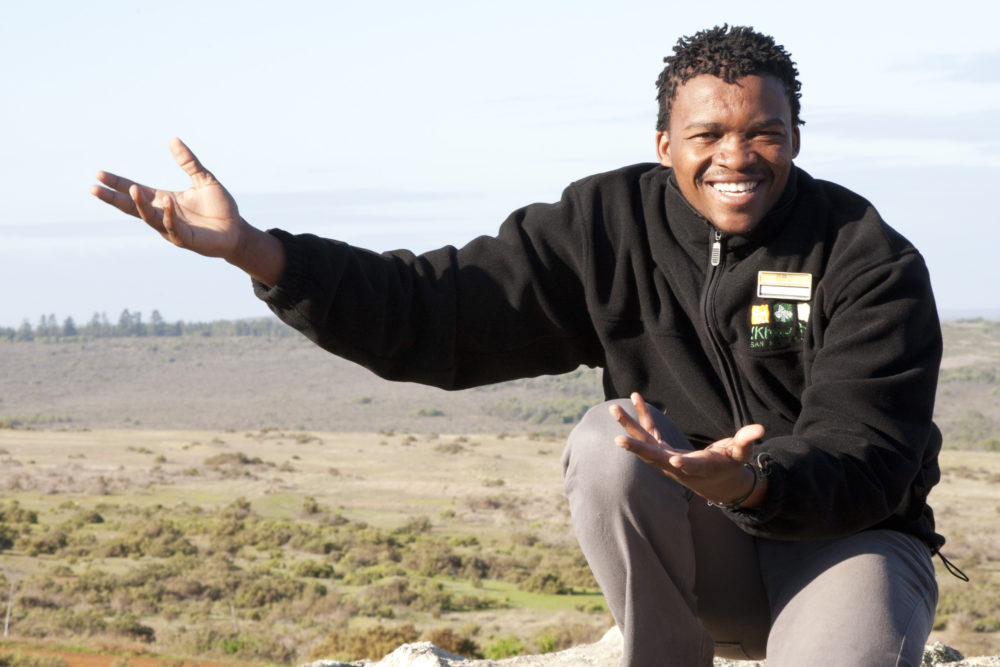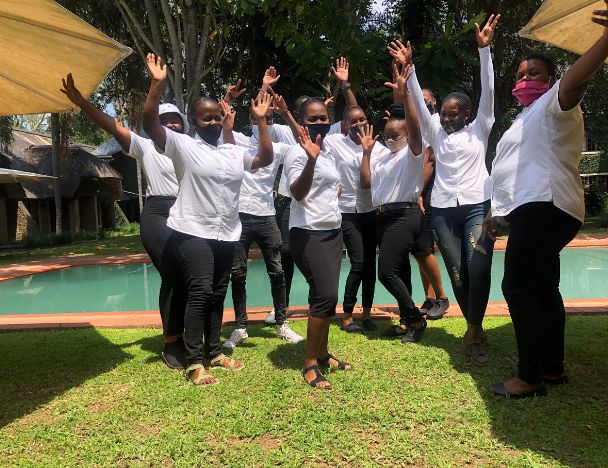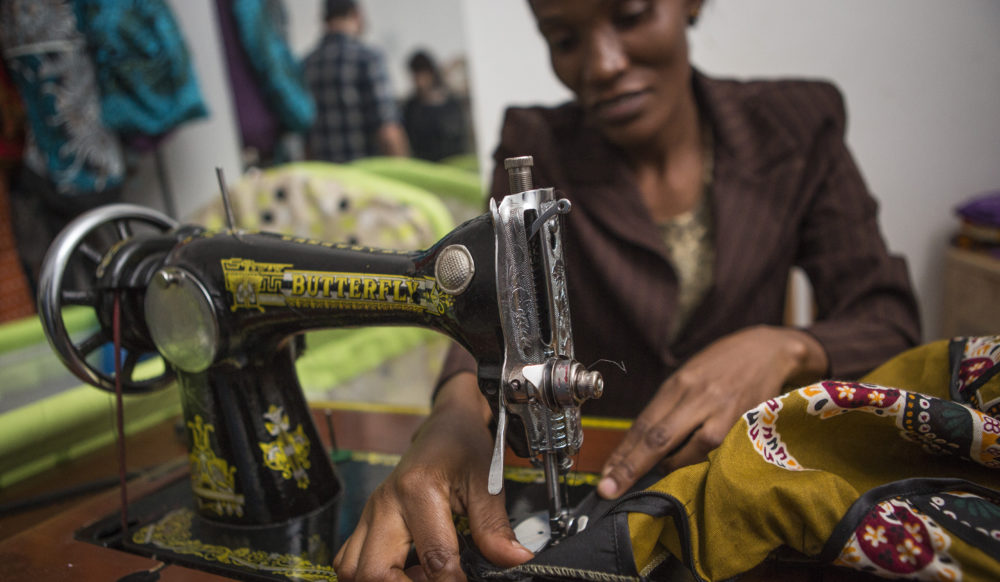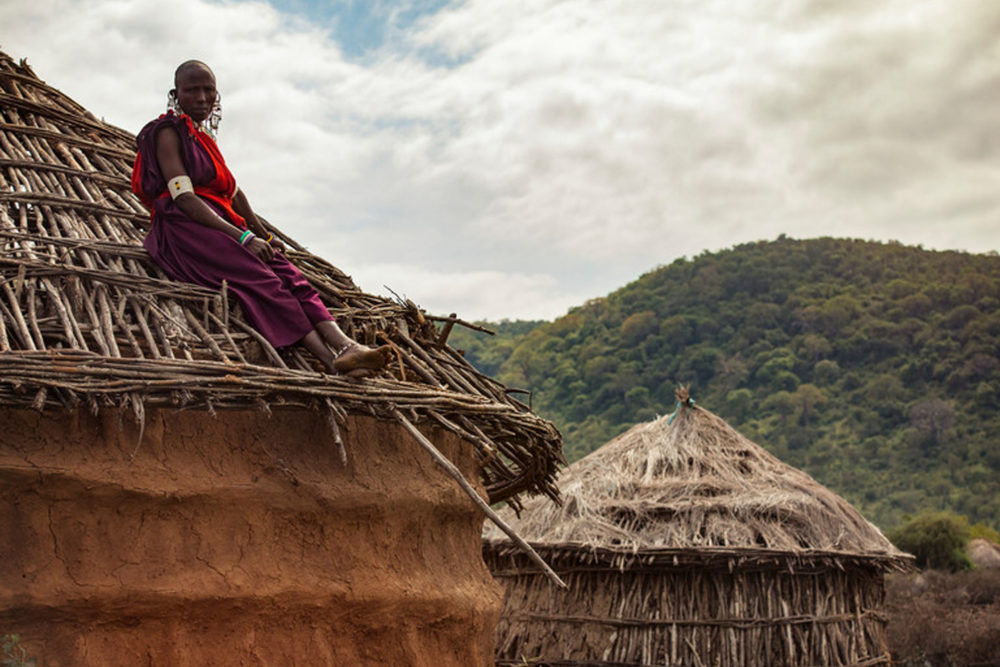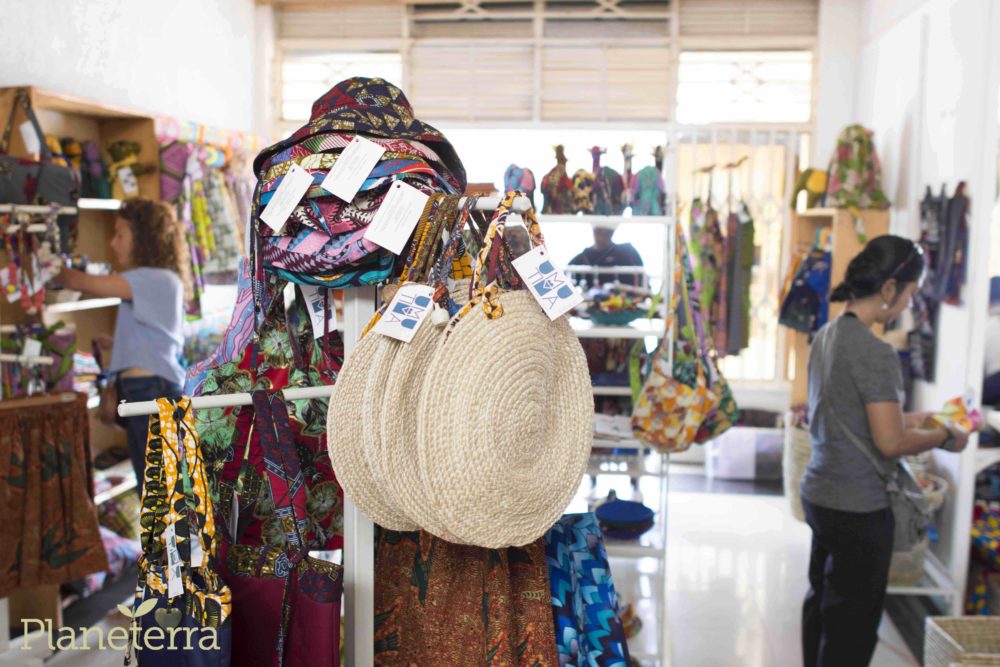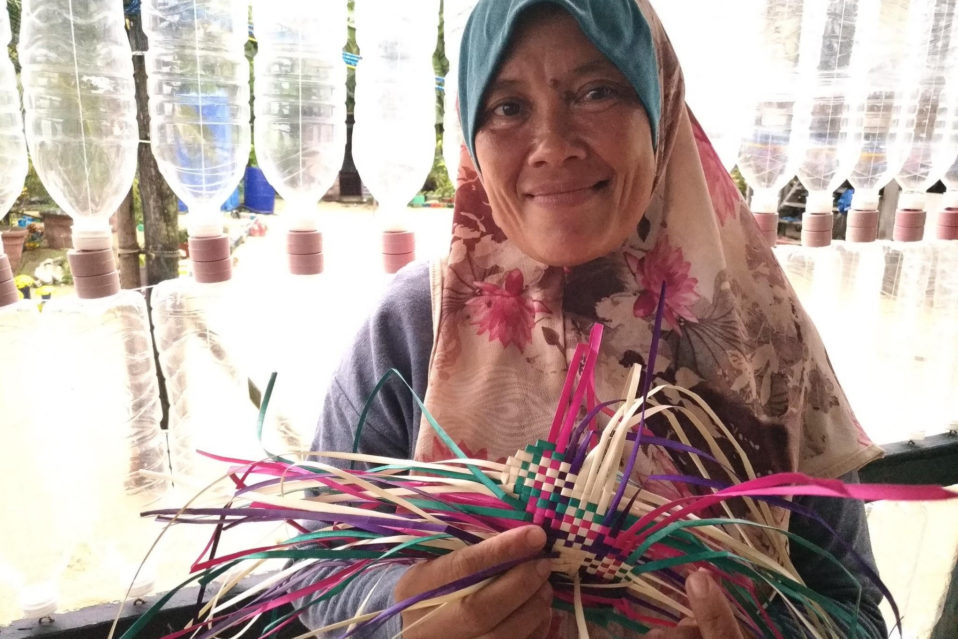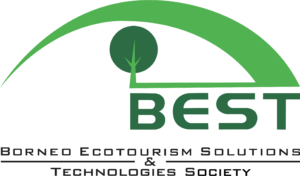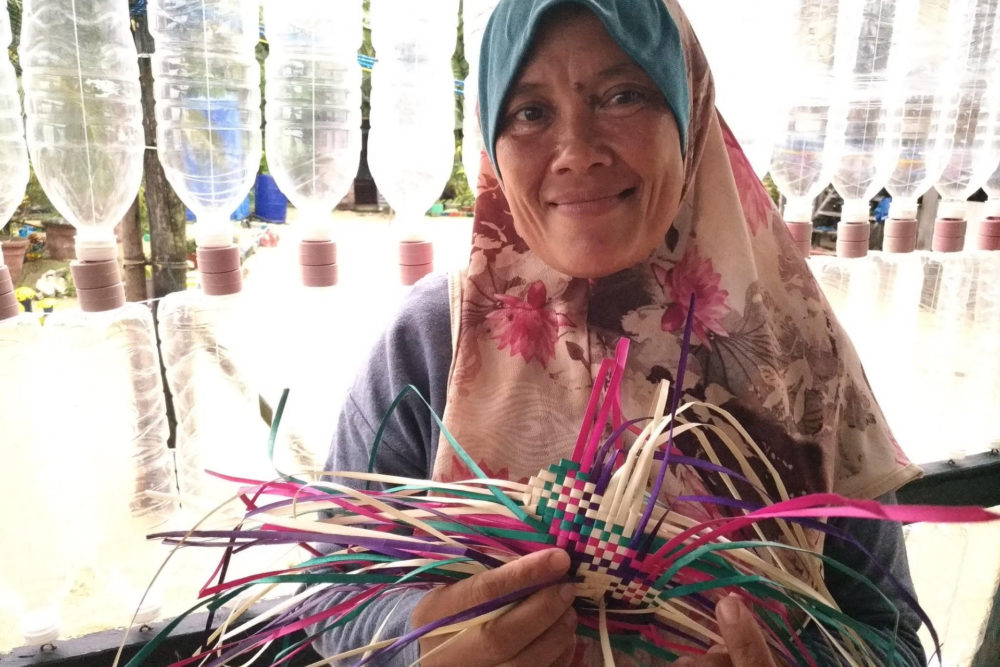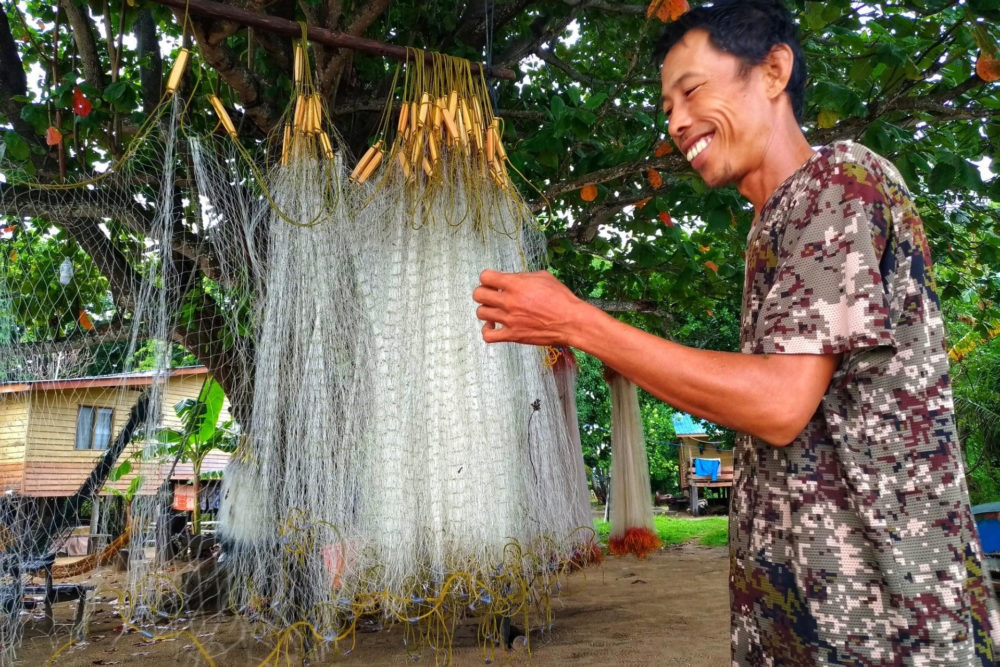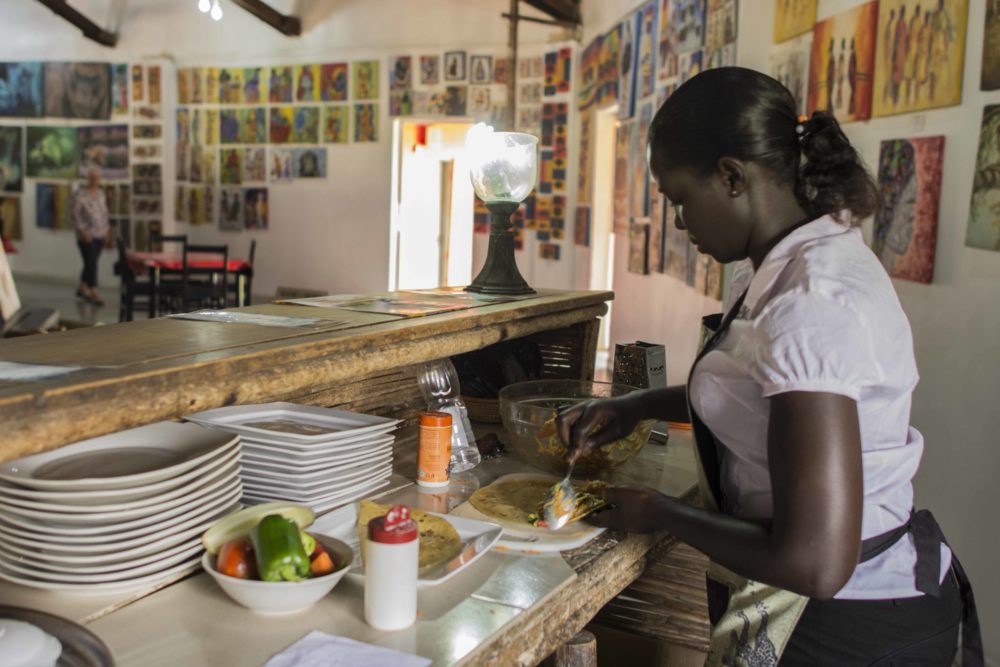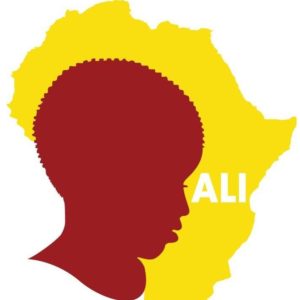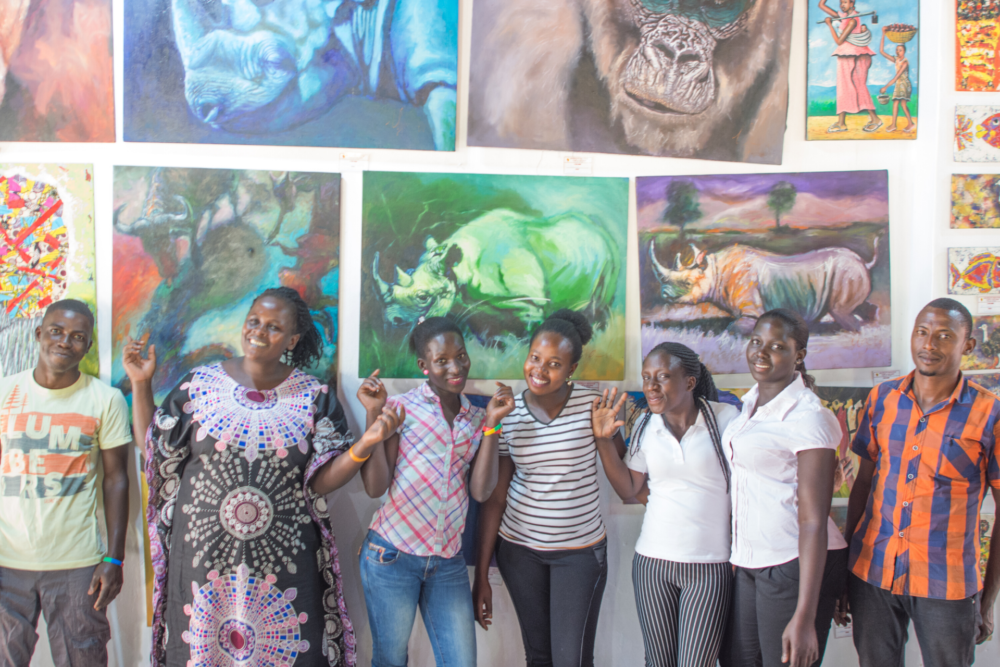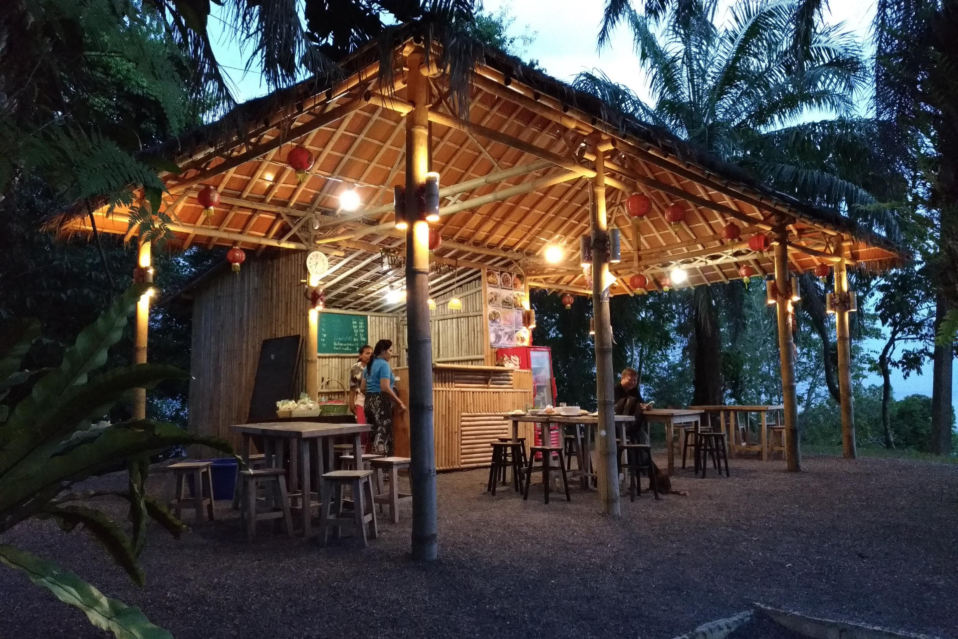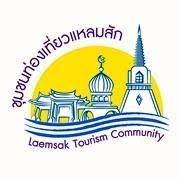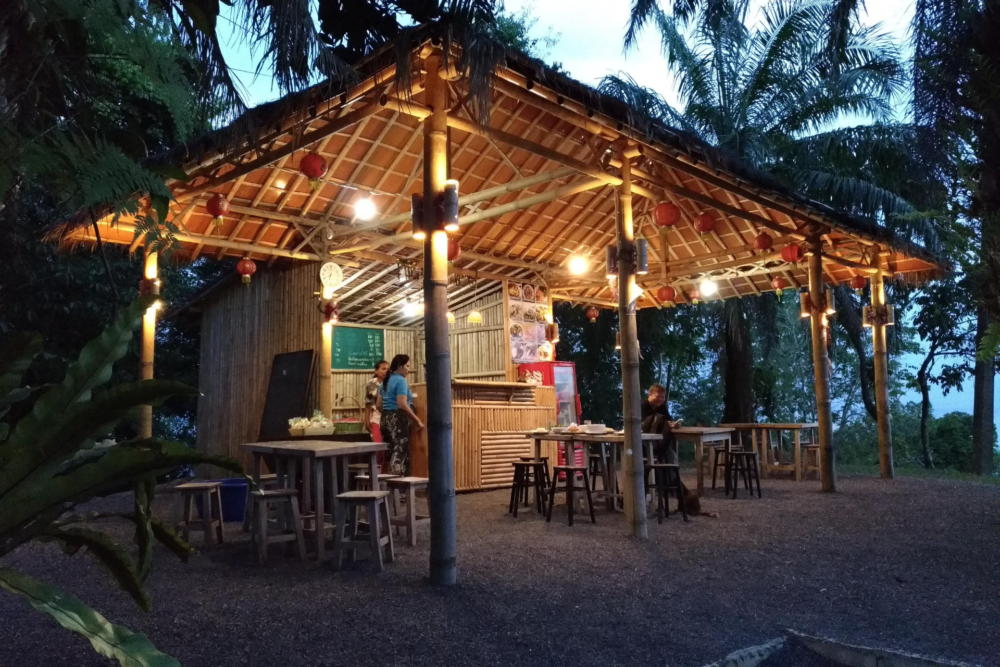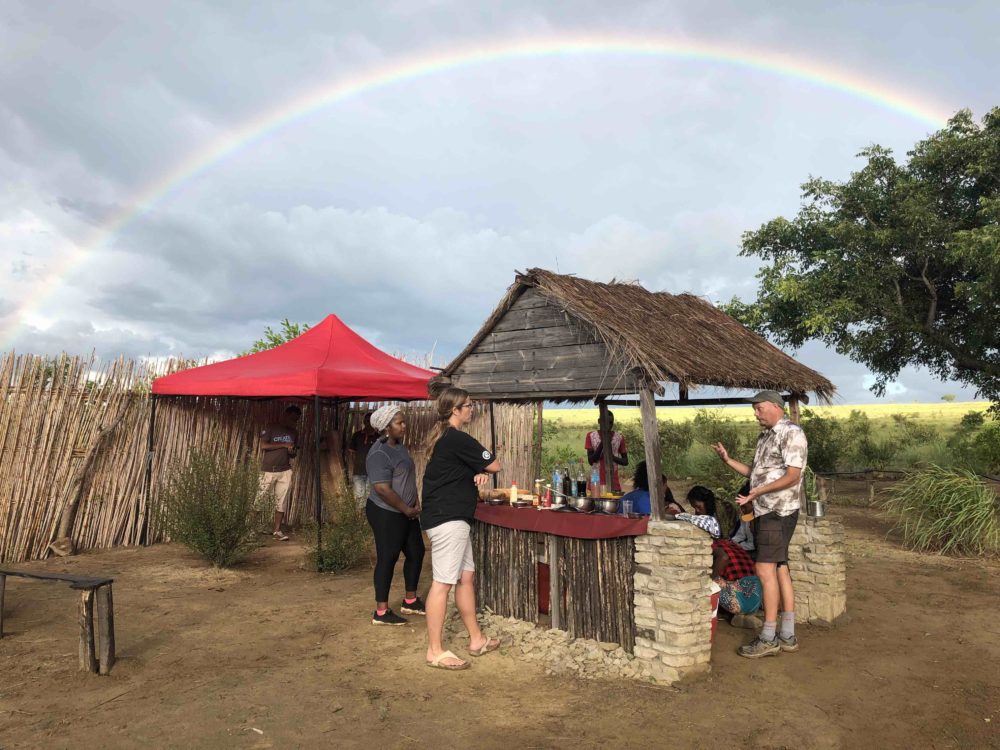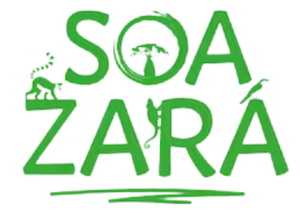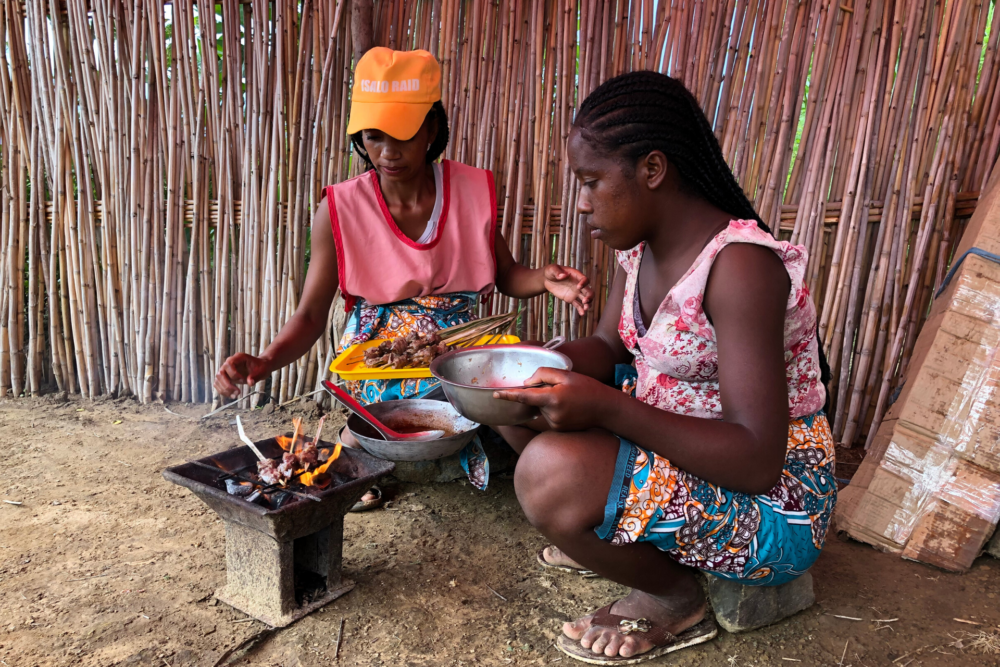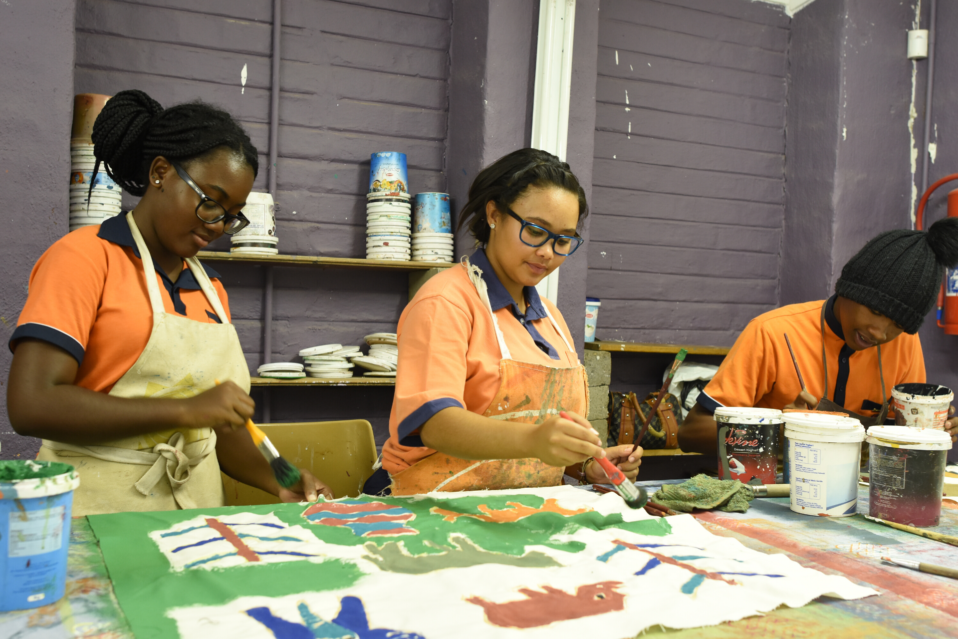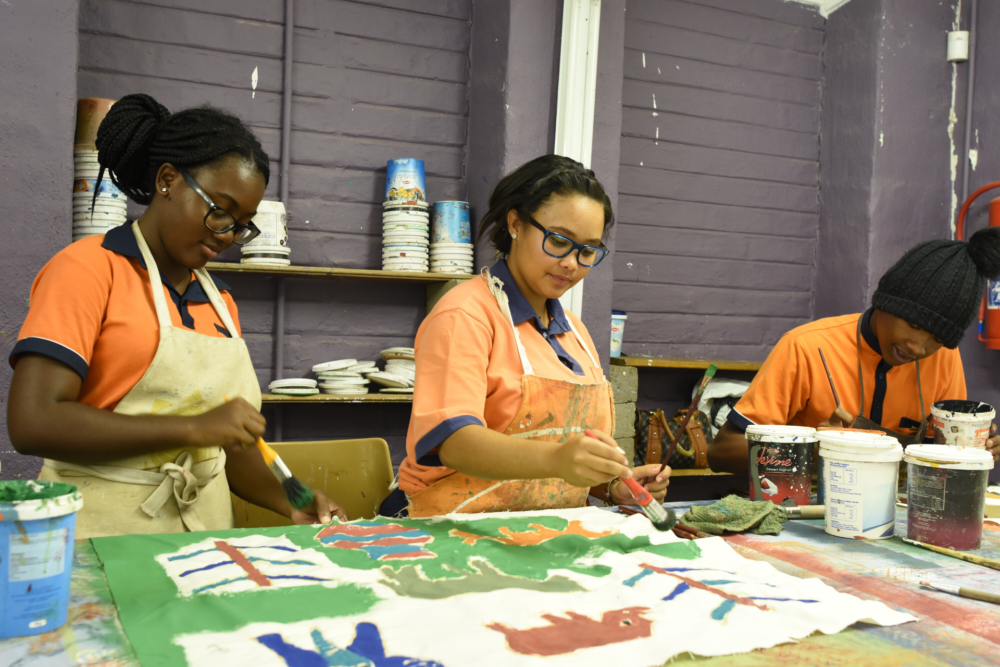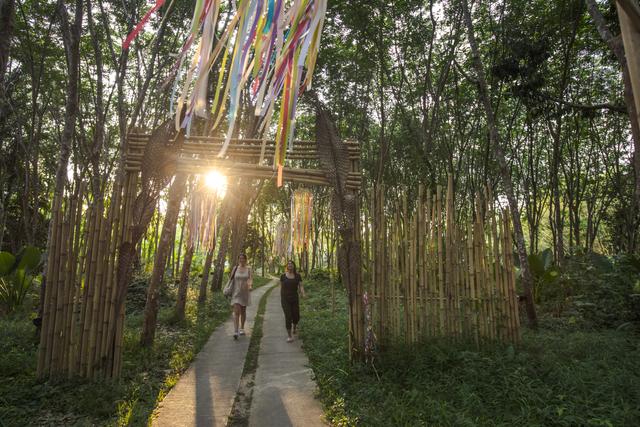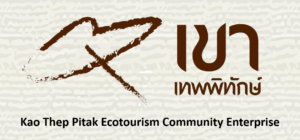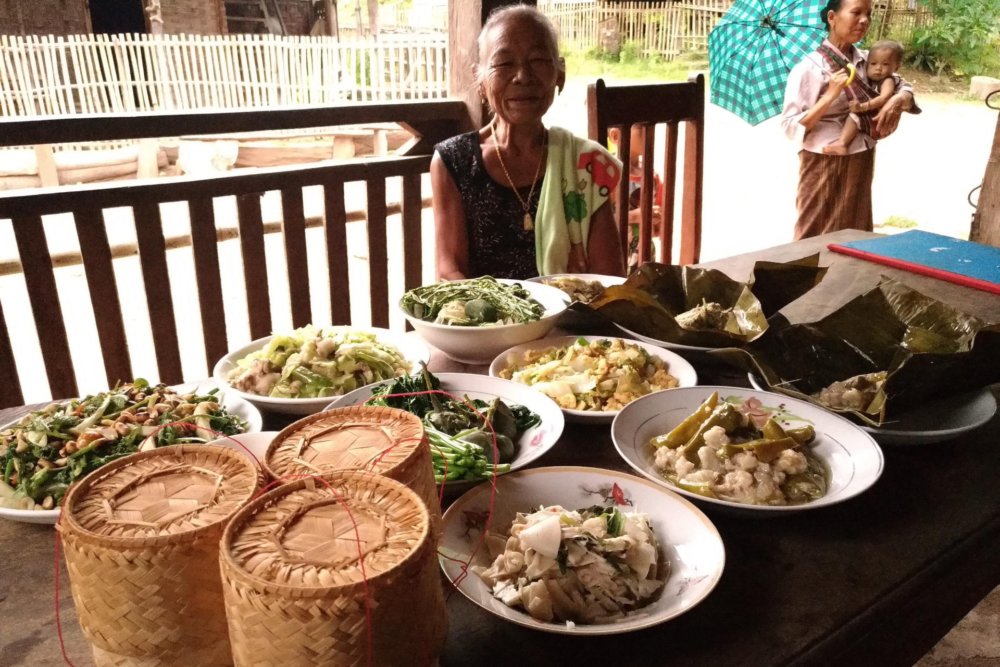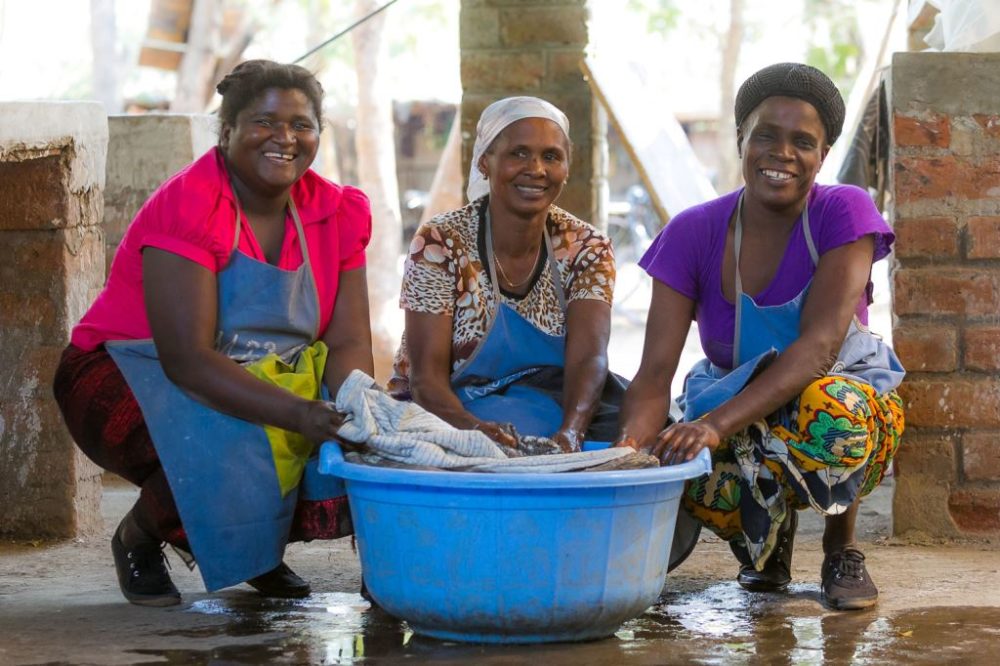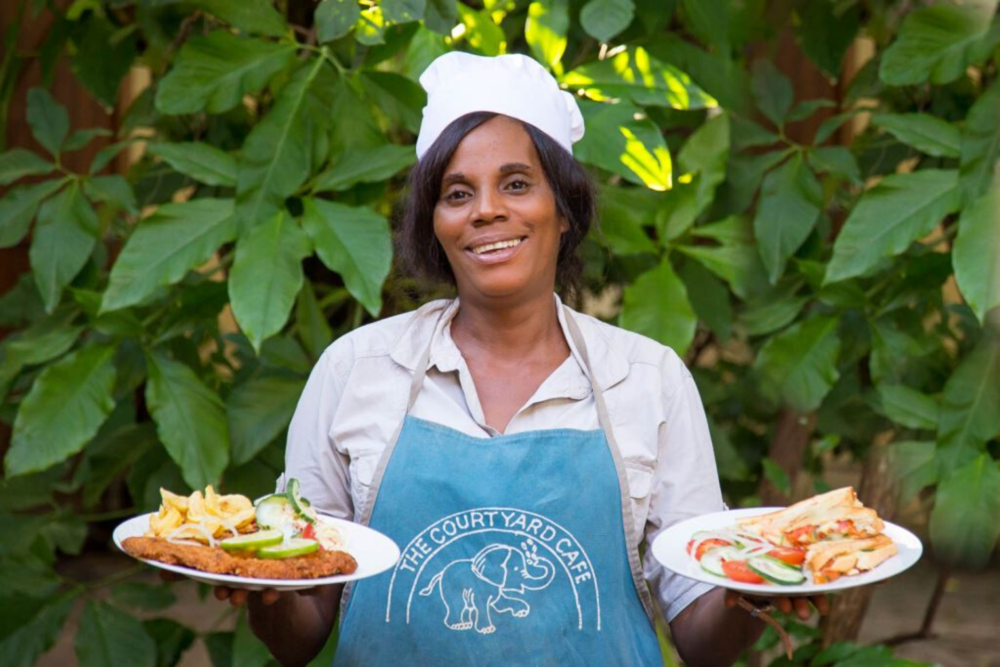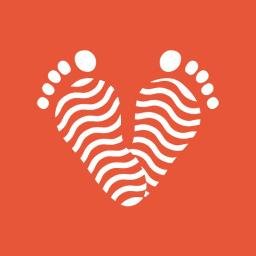!Khwa ttu San Cultural Centre

Impact
The ||Kabbo Academy takes on approximately 30 students per year for their seven-month program, with a combined total impact that spans approximately 150 dependents across a number of countries in Southern Africa. The implementation of the sustainability training into the ||Kabbo Academy has helped the graduates learn practical skills that they can implement at home. Having international travellers and a new educational tour has also given the graduates and !Khwa ttu staff the opportunity to interact with more international travellers, and practice their English and public-speaking skills.


Critical Need
There are currently around 113,000 San scattered across six countries in Southern Africa, whose ancestors are the earliest visible inhabitants of Southern Africa. The San are increasingly thinking of themselves as ‘First People’ or ‘Indigenous People’, a step that aligns them with the histories and empowerment of ‘First Peoples’ around the world.
Like many other ‘Indigenous People’, the languages, cultures and home ranges of the San are under very considerable threat from the fast changes to their world. They are now amongst the most marginalized and poverty-stricken peoples in Southern Africa.
Our Involvement
Planeterra worked with their partners at G Adventures to help the staff at !Khwa ttu and their trainees at the ||Kabbo Academy to develop a one-of-a-kind tour which will not only educate travellers about San culture and language but will also include information about how the training program is changing lives. Planeterra also provided !Khwa ttu with a grant to be used to enhance the organization’s “Green Team”, adding additional sustainability training into the ||Kabbo Academy, which graduates can implement in their home regions.



